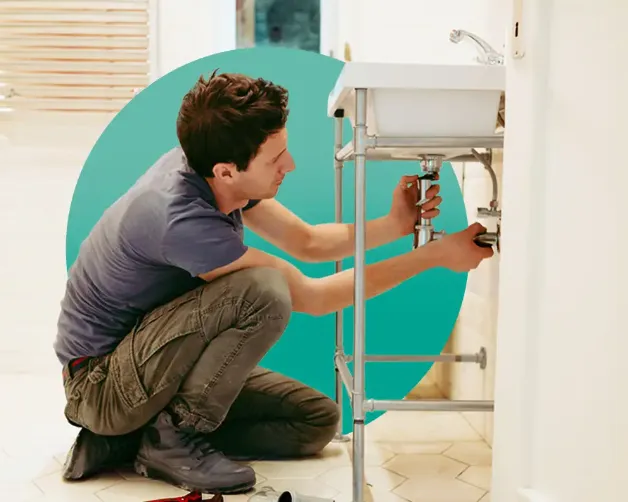Plumbing problems are one of the most common headaches for homeowners, and the repair costs can add up quickly. While homeowners insurance can help in some situations, it doesn’t cover every plumbing issue. Whether your policy will pay depends on the cause of the problem and the type of damage it creates.
When Insurance Covers Plumbing Damage
Standard homeowners insurance typically steps in when plumbing issues lead to sudden, accidental damage. For example, if a pipe bursts unexpectedly and floods your living room, your policy will likely help pay for repairs. Coverage usually includes:
- Dwelling protection: Pays for damage to the structure of your home, including walls, floors, and built-in systems.
- Personal property coverage: Helps replace belongings like clothing, electronics, or furniture ruined by water from a covered event.
- Loss of use coverage: Provides reimbursement for hotel stays, meals, or other living expenses if your home becomes unlivable during repairs.
It’s important to remember that policies vary. Your insurance company may send an adjuster to evaluate the damage and confirm whether it was sudden or the result of neglect.
What Insurance Won’t Cover
Home insurance is not designed to cover gradual wear and tear or preventable issues. If plumbing problems result from poor upkeep, you’ll be on the hook for the repairs. Common exclusions include:
- Flood damage caused by heavy rain or overflowing rivers (requires separate flood insurance).
- Mold damage, unless it stems directly from a covered plumbing incident.
- Neglected maintenance, such as leaks left unrepaired for weeks or frozen pipes due to inadequate heating.
- Sewer or drain backups, unless you’ve purchased additional coverage.
Essentially, if the damage could have been avoided through regular care, your policy won’t cover it.
Expanding Your Coverage
If you want more protection against water-related issues, you can add endorsements to your homeowners policy. These optional coverages may include:
- Sewer or drain backup coverage for damage caused by wastewater overflow.
- Hidden water coverage for leaks behind walls, ceilings, or under floors that aren’t immediately noticeable.
- Additional personal property coverage if you own high-value belongings at risk of water damage.
- Flood insurance, either through the National Flood Insurance Program or a private provider.
Endorsements cost extra, but they can save you from paying out of pocket for costly repairs and replacements.
Preventing Plumbing Wear and Tear
Insurance can only do so much—preventive maintenance is your best defense. To protect your home and avoid claim denials:
- Fix leaks as soon as you spot them.
- Inspect caulking and seals around tubs, sinks, and toilets.
- Keep drains clear to prevent blockages.
- Monitor water pressure regularly.
- Service your water heater to avoid sediment buildup.
Staying proactive reduces your risk of major plumbing failures and makes it more likely your insurance will cover sudden accidents when they do occur.
Final Thoughts
Homeowners insurance can cover plumbing damage, but only when it happens unexpectedly and through no fault of your own. Routine wear, neglected repairs, and flooding are usually excluded, though endorsements can fill some of those gaps. The smartest approach is twofold: maintain your plumbing system diligently and review your policy with your insurance agent to ensure you have the coverage you need.










